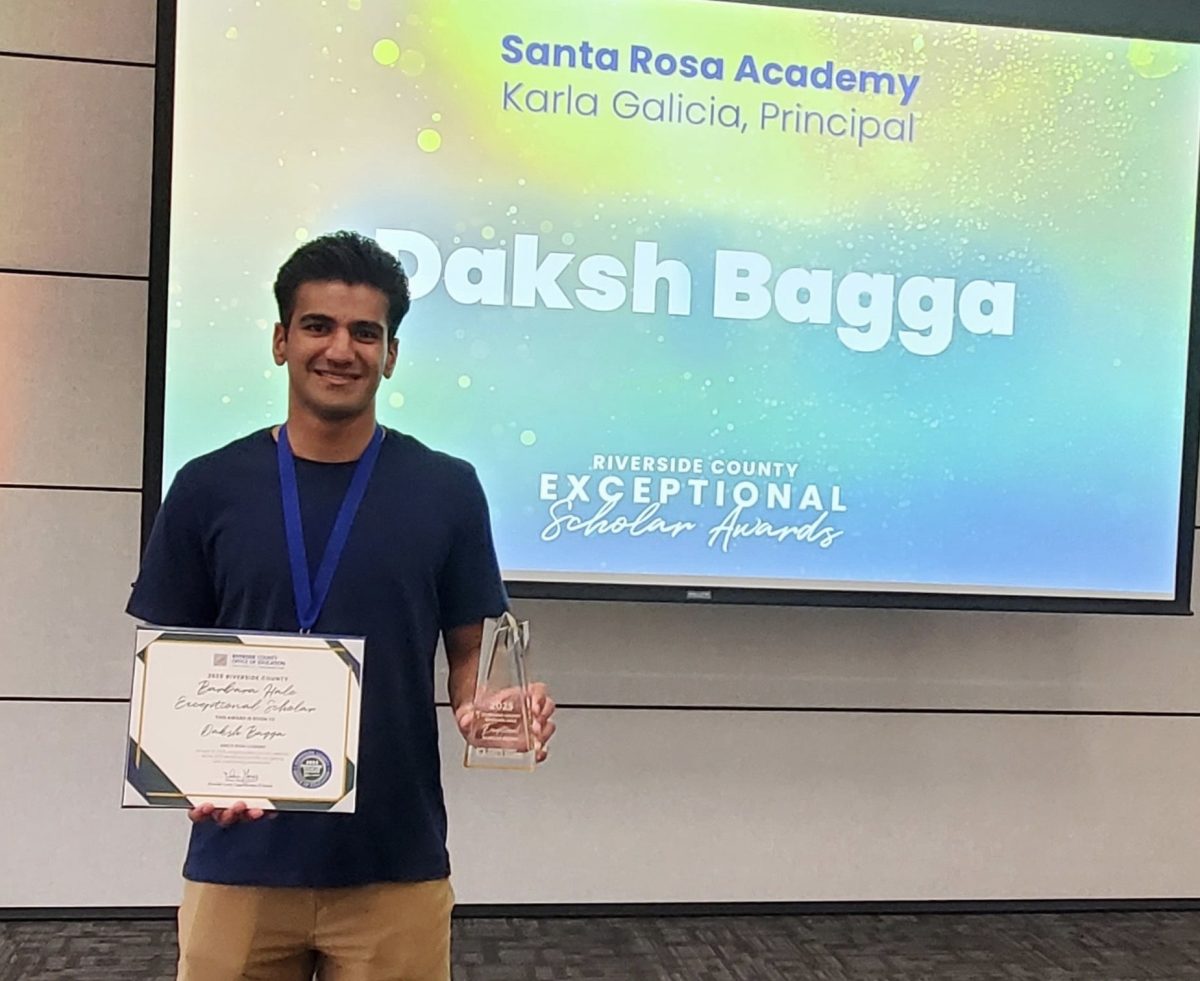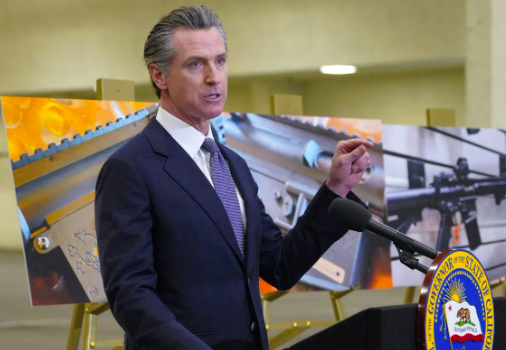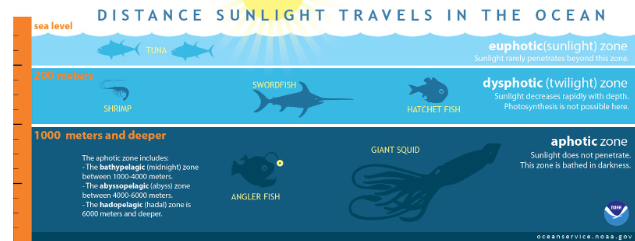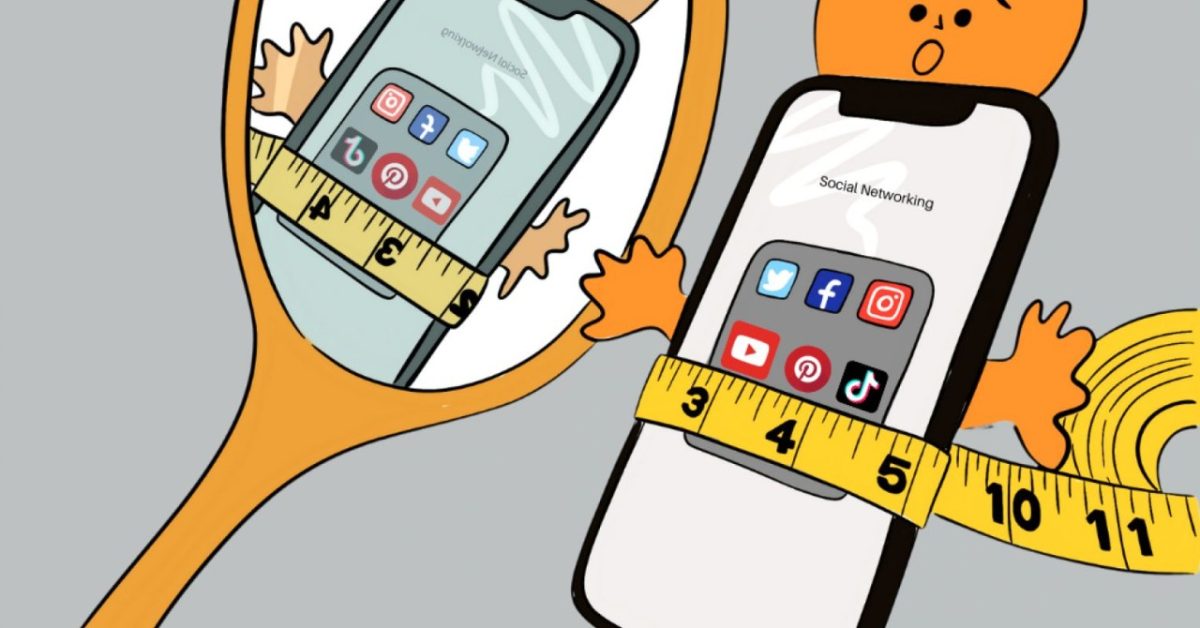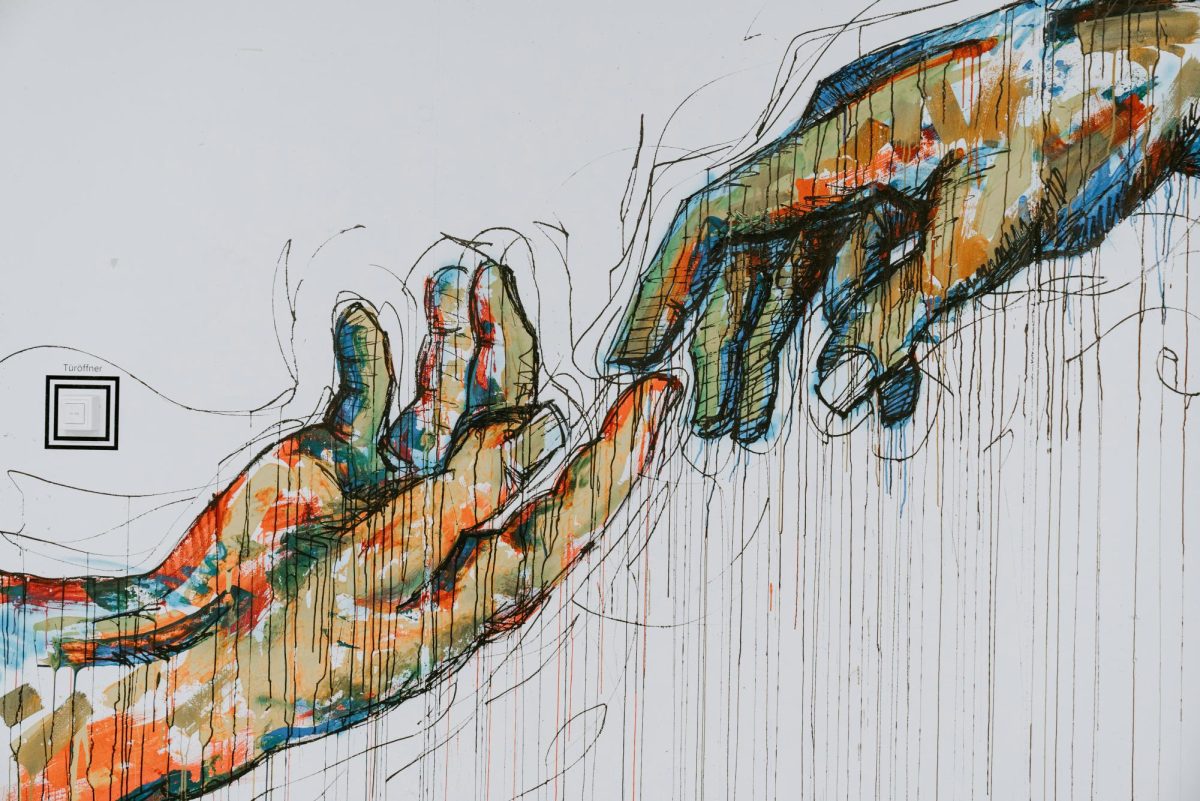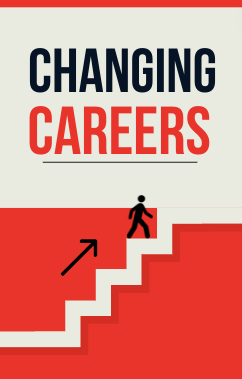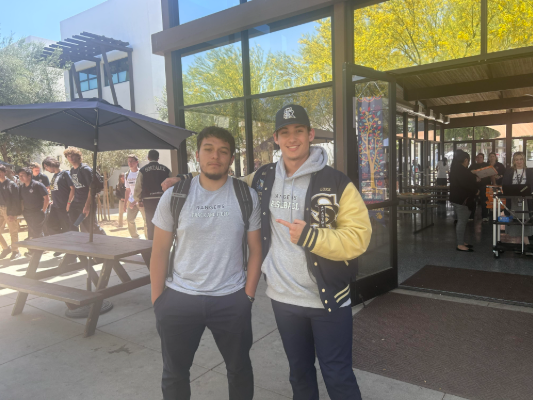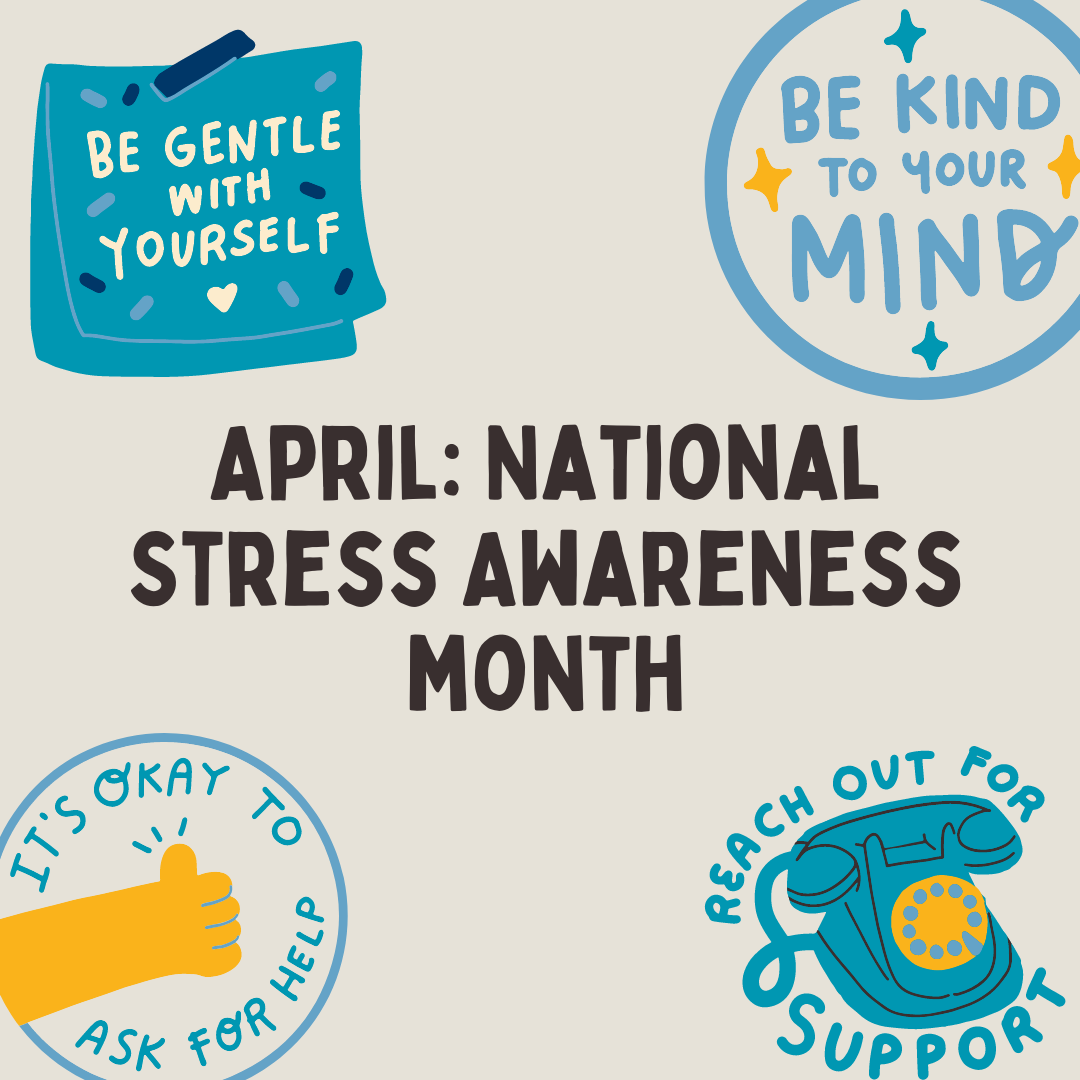Many deem today’s age to be the “information age.” Despite this, misinformation runs rampant in every corner of social media, blatantly false information being spread on every side of a debate issue, on every side of politics, smear campaigns, propaganda, and blatant lies. Being informed is crucial, especially with an upcoming election. Short form content dominates every social media platform, with countless creators utilizing such formatting.
With the ability to spread information globally – as fast as a few seconds – not all misinformation can be proven wrong. An estimated 8.6 billion videos were uploaded just in 2021, which shows just how massive social media platforms are. The impossibility to regulate every post allows blatant lies go unchecked, relying on the general public to correct these lies and make sense of them. That’s where the algorithm comes into play. If misinformation appears to those who know it’s wrong, then through their actions alone can it be proven false. This is assuming the best case scenario though.
Often enough, less widespread concepts are shown to those who agree with them, and nobody else, which creates echo chambers. Opposing sides speaking to one another is crucial for social and political development. Lack of communication of ideas leads to issues within the common folk. This creates mass distrust, a country where people struggle to trust their fellow citizen, thinking of them being another possible extremist. Fear within a country will cause tension to come to a boil. It is crucial for a developing society to have disputes, uncomfortable conversations, conflicts in general help social issues be resolved. Societies die in silence.






